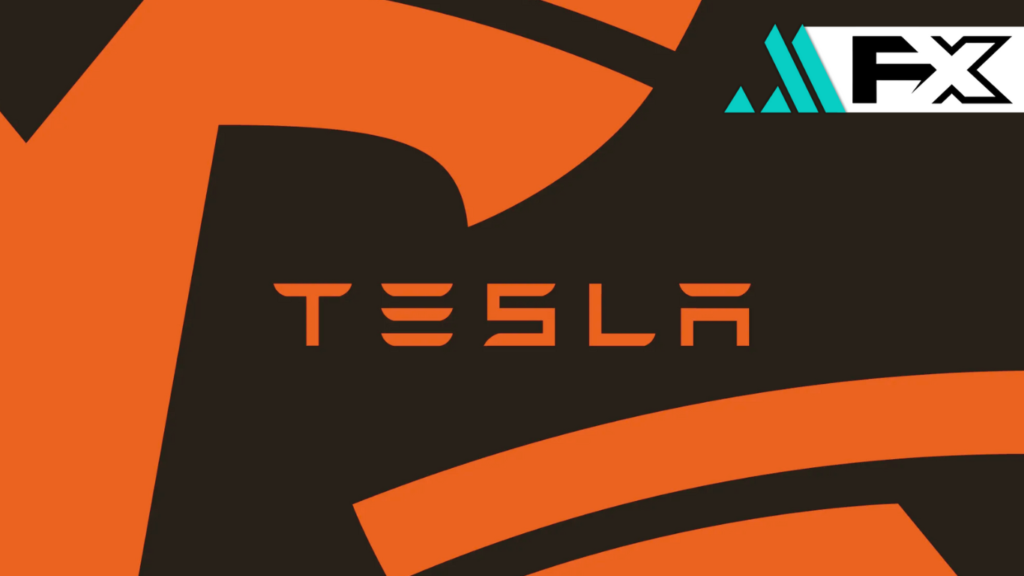Tesla shareholders are bracing for key updates Tuesday, as the company delivers its most anticipated operational briefing since the 2017 Model 3 debut. High on the agenda: clarity around the long-promised affordable electric vehicle (EV), a timeline for its autonomous ride-hailing ambitions, and whether Elon Musk will refocus his attention on Tesla amid political controversies.
Musk’s political entanglements have fueled reputational backlash. As a Trump administration adviser and leader of the controversial Department of Government Efficiency (DOGE), his visibility outside Tesla has triggered calls for boycotts and vandalism in key markets, including California and China.
The result? A 13% slump in Q1 vehicle deliveries and a 50% drop in Tesla’s stock price since December, now hovering at $227.42.
“Tesla comes into results as arguably the most scrutinized company in the world,” noted Matt Britzman, senior equity analyst at Hargreaves Lansdown.
Margin Pressure and EV Rollout Delays
Tesla’s shift from premium pricing to mass-market scaling has squeezed its profitability. According to 21 analysts polled by Visible Alpha, the company’s automotive gross margin (excluding regulatory credits) likely fell to 11.8% in Q1—down from 13.6% in Q4 2024. Analysts warn this decline may continue if Tesla maintains its volume-first strategy.
The highly anticipated low-cost EV—often dubbed the “$25,000 Tesla”—has faced repeated delays. Reuters recently reported that production of a cheaper Model Y variant is now postponed by several months. Tesla scrapped a clean-sheet budget model in favor of repurposing existing platforms, casting doubt on delivery timelines.
In bullet points:
- Q1 deliveries down 13% year-over-year
- Automotive gross margin at 11.8% (ex-credits)
- Affordable Model Y delayed
- Stock down nearly 50% since December peak
Robotaxi Hurdles and Global Trade Tensions
Musk had promised driverless ride-hailing in Texas by June and California by year-end, but Tesla still lacks final regulatory clearance. Safety concerns and legal uncertainties hang over the project, especially after recent incidents involving autonomous vehicles across the industry.
Meanwhile, Tesla has paused some China-sourced imports after new 145% U.S. tariffs on Chinese goods sparked a retaliatory response from Beijing. The resulting trade friction has led Tesla to suspend new Model S and X orders in China, heightening global market uncertainty.
Also in focus:
- Tesla recalled all delivered Cybertrucks and introduced a lower-priced $70K version.
- Inventory discounts and incentives like free charging and Full Self-Driving trials have been used to stimulate demand.
Despite these moves, analysts expect Tesla’s annual vehicle deliveries to fall again in 2025, signaling that restoring momentum will require more than just pricing tweaks or bold promises.


